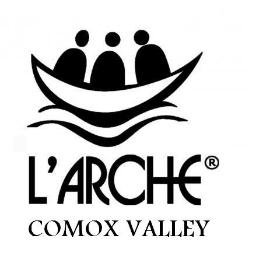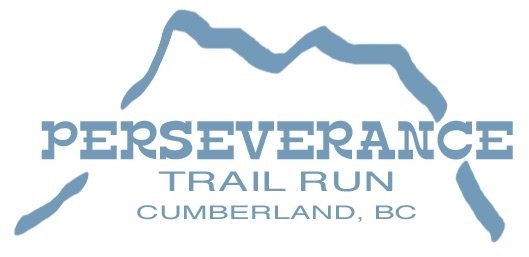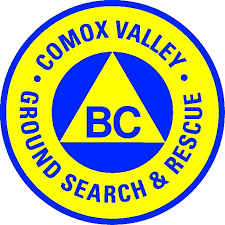Personal Liability for Corporate Directors – A Warning
If you or someone you know is the director of a corporation, be warned: you may be on the hook personally for amounts owing by the company to the Canada Revenue Agency (CRA).
Generally, directors are not personally liable for the actions—or inactions—of a company, as corporations are considered to be separate legal entities under the eyes of the law. However, should the company fail to withhold and remit certain taxes to the CRA, the tax department can go after individual directors to recover the amounts due. These obligations include, but are not limited to:
- Payroll deductions (employee income taxes, CPP, and EI)
- GST/HST
- Withholding taxes for non-residents
- Excise duties
The CRA would also charge a penalty of 10%-20% of the outstanding amount, plus accrued interest, all of which could ultimately be levied on a corporate director should the company fail to satisfy its obligations. In order for the CRA to seek payment from a director for amounts owed by the company, the CRA must:
- demonstrate its inability to recover the amounts directly from the corporation;
- issue the assessment against the director(s) within two years of the director(s) leaving the company’s Board; and
- prove the director(s) did not exercise due diligence to prevent the company’s failure to withhold and remit the amounts in question
Although the initial burden of proof rests with the CRA, directors can still find themselves in the unfortunate position of having to personally fulfill the financial obligations of the company. It is therefore advisable for owner/managers serving as directors of their company to seek professional advice from their accountant to minimize the risk of personal liability. For directors of larger corporations, liability insurance might also be a prudent consideration—particularly in situations where the director has limited exposure to the day-to-day operations of the company.
Further details can be found in this CRA publication:
http://www.cra-arc.gc.ca/E/pub/tp/ic89-2r3/ic89-2r3-e.html
If you have any questions or concerns or would like to discuss your potential exposure to this section of the Income Tax Act, we are here to help. Call us any time at 250-338-7367.











